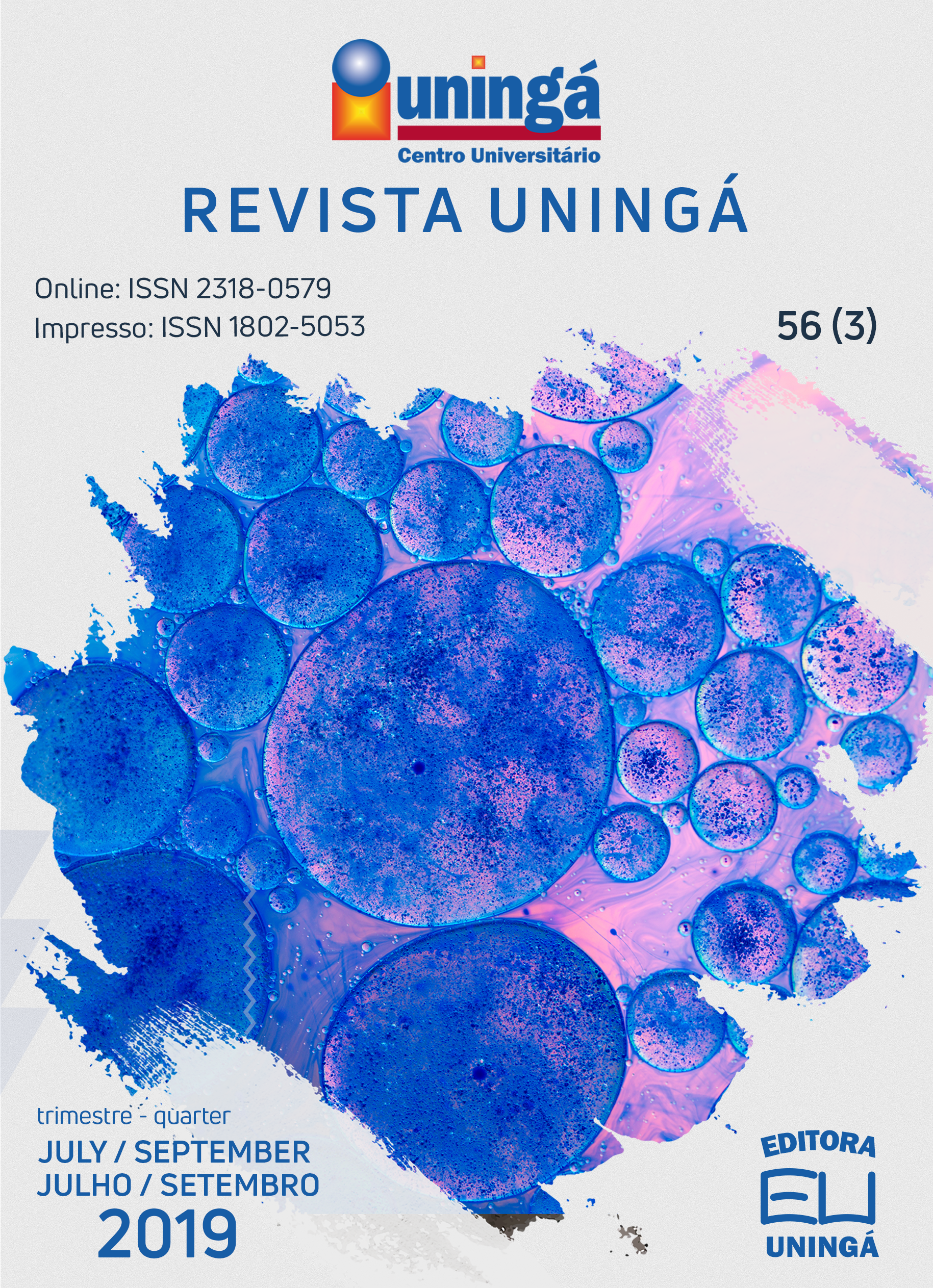ACUPUNTURA COMO TRATAMENTO COMPLEMENTAR DA GENGIVITE EM MULHERES COM DIABETES
DOI:
https://doi.org/10.46311/2318-0579.56.eUJ2873Keywords:
Gengivite. Diabetes mellitus. Pontos de acupuntura. Odontologia. Saúde bucal.Abstract
O diabetes mellitus é um problema de saúde pública que atinge uma parcela significativa da população mundial e exige atenção multidisciplinar por vir, geralmente, acompanhado de outros problemas crônicos de saúde. Pacientes com essa enfermidade apresentam, muito frequentemente, alterações bucais, como gengivite, periodontite, xerostomia, síndrome da ardência bucal, distúrbios de gustação e cáries, comprometendo sua qualidade de vida. Para o cuidado com esse público-alvo, podem ser oferecidos tratamentos convencionais, com o acompanhamento sistemático de um cirurgião-dentista, além de uso de Práticas Integrativas e Complementares, amplamente empregadas na Atenção Básica à Saúde, a exemplo da medicina tradicional chinesa/acupuntura, que já apresentou evidências científicas de sua aplicabilidade. O objetivo principal da pesquisa a ser relatada nesta ocasião foi analisar a eficácia da acupuntura como prática integrativa e complementar para melhorar a gengivite associada ao diabetes. Para tanto, utilizou-se como metodologia um ensaio clínico randomizado, cujas participantes eram mulheres diabéticas, as quais foram divididas aleatoriamente em dois grupos: o grupo controle recebeu instruções de higiene bucal e realizou o tratamento convencional, que consiste em raspagem de tártaro e profilaxia; no grupo experimental, além de instruções de higiene bucal, raspagem e profilaxia, as participantes foram encaminhadas para dez sessões de acupuntura auricular.
Downloads
Downloads
Published
How to Cite
Issue
Section
License
I declare/we declare that the text submitted here is original, of my own authorship and does not infringe any type of third party rights. The content is my/our sole responsibility. Possible research involving animals and/or human beings is in accordance with Resolution 196/96 of the National Health Council and its complements. I declare that I am/we are in possession of the written consent of patients and that the research and its procedures were timely and adequately approved by the Ethics Committee of the institution of origin. We further declare that all institutional affiliations and all sources of financial support for the work are duly informed. I certify that there is no commercial or associative interest that represents a conflict of interest related to the submitted work. If there is commercial interest, in addition to the technical and academic ones, in the publication of the article, the information will be reported during the text.



































